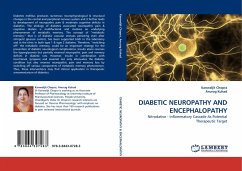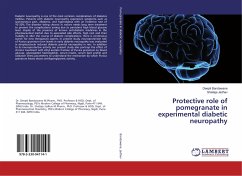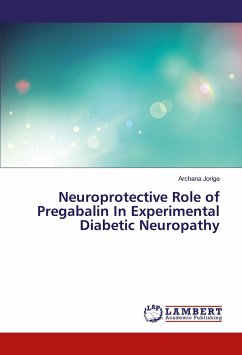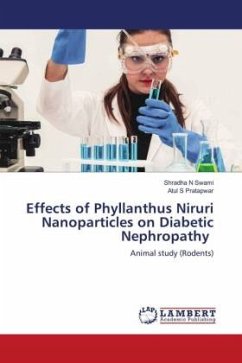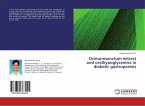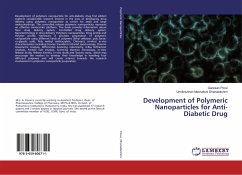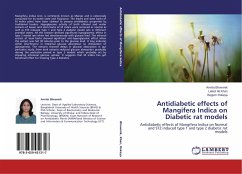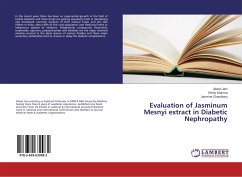Diabetes mellitus produces numerous neurophysiological & structural changes in the central and peripheral nervous system and it further leads to development of neuropathic pain & moderate cognitive deficits in diabetics. The etiology of diabetes associated neuropathic pain & cognitive decline is multifactorial and involves an underlying phenomenon of metabolic memory. The concept of metabolic memory, that is of diabetic vascular stresses persisting even after stringent glucose control, has been supported both in the laboratory and in the clinic in both type 1 & type 2 diabetes. Therefore, switching off the metabolic memory, could be an important strategy for the prevention of diabetic neurological complications. Insulin alone reverses the hyperglycemia but partially reversed neuropathic pain and memory deficits in diabetic rats. However, insulin in combination with tocotrienol, lycopene and sesamol not only attenuates the diabetic condition but also reverses neuropathic pain and memory loss by switching off various components of metabolic memory phenomenon. Thus, these interventions may find clinical application in therapeutic armamentarium of diabetics.
Bitte wählen Sie Ihr Anliegen aus.
Rechnungen
Retourenschein anfordern
Bestellstatus
Storno

